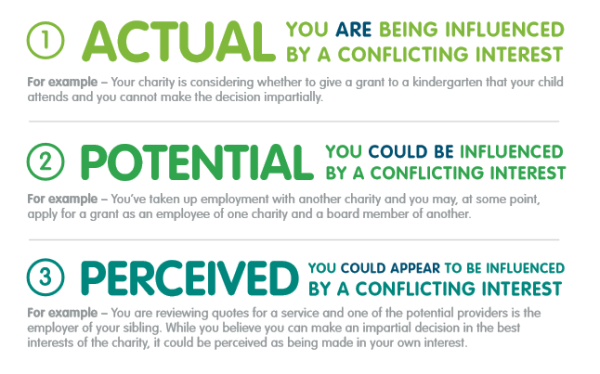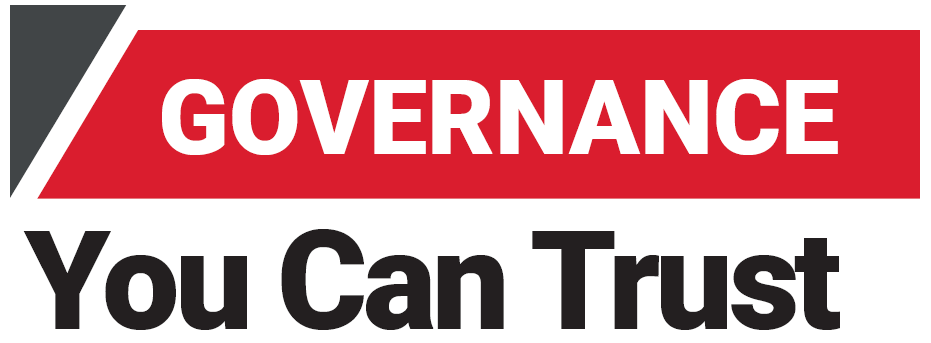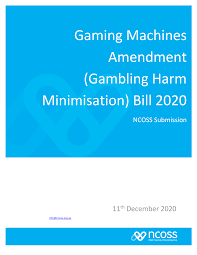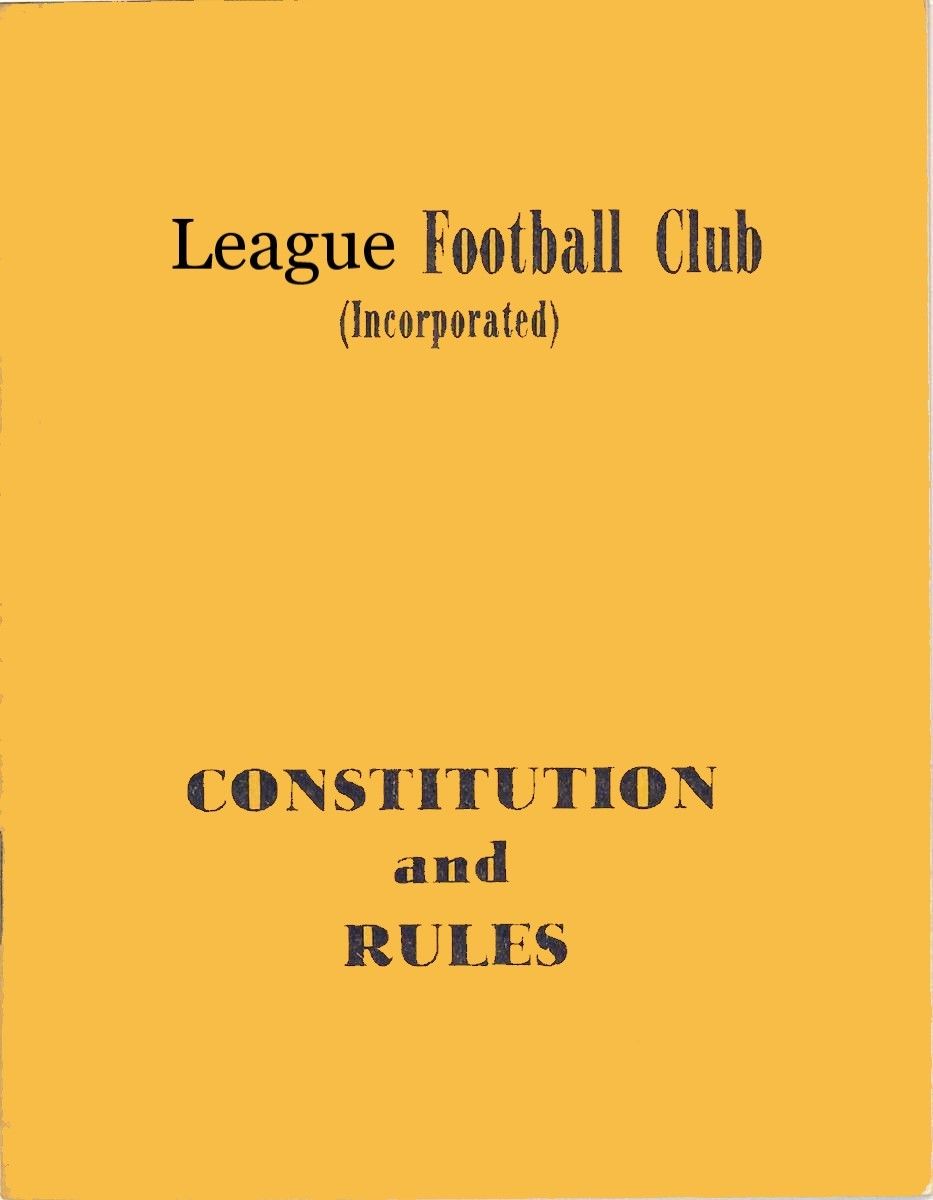Conflicts of interest – perceived or real?
That’s not a conflict of interest…but does it pass the ‘sniff test’?
Most people don’t truly understand a conflict of interest and therefore can inadvertently fall afoul of doing something that isn’t quite right. Here is the layman’s definition of what is a Conflict of Interest.
Conflict of interest
A conflict of interest is where an employee or director has private interests that could improperly influence, or be seen to influence, their decisions or actions in the performance of their duties.
Conflicts may be actual, potential or perceived:
- Actual conflict of interest: there is a real conflict between a director’s or an employee’s duties and private interests.
- Potential conflict of interest: a director or an employee has private interests that could conflict with their duties. This refers to circumstances where it is foreseeable that a conflict may arise in future and steps should be taken now to mitigate that future risk.
- Perceived conflict of interest: the public or a third party could form the view that an employee’s private interests could improperly influence their decisions or actions, now or in the future.

So what is a Private Interest, that may influence a person to act in a conflicting manner?
Private interest
A private interest means anything that can influence an employee or director. Private interests include direct interests, such as an employee’s or director’s own personal, family, professional or business interests. They also include indirect interests, such as the personal, family, professional or business interests of individuals or groups with whom the employee is, or was recently, closely associated.
Private interests may be pecuniary (i.e. financial), which includes any actual, potential or perceived financial gain or loss. They may also be non-pecuniary, which includes any tendency toward favour or prejudice resulting from personal or family relationships, such as friendships, enemies or sporting, cultural or social activities.
Consensual personal relationships
Consensual personal relationships include consensual sexual, intimate and/or romantic relationships between adults of any sex or gender identity. Relationships of this kind may be on a casual, periodic or regular basis and may or may not constitute a primary relationship. Being in such a relationship can also be perceived as a conflict of interest, especially when relating to the organisation or workplace.
Let’s have a quick look at some examples to try and clarify the situation, which we will discuss later.
Actual conflict of Interest
A business manager is related to someone who runs a company providing products or services to that manager’s business e.g. the manager’s brother runs a cleaning company that cleans the manager’s business premises. And the manager is a share holder of the brother’s business. This constitutes an actual and direct conflict of interest as there is a direct personal link and a pecuniary/financial benefit to the manager.
Potential Conflict of Interest
Using the same example for simplicity, a business manager is looking for a new supplier of a product or service and his brother’s company, of which he is a shareholder, want to tender for the contract. There is no conflict established yet, but depending on how the tender process is handled, there may be an actual conflict of interest created during the selection process and or the relationship if the brother’s company wins the contract.
Perceived Conflict of Interest
The business manager is looking for a new supplier of a product or service and his brother’s company, of which he is a not shareholder, want to tender for the contract. There is no conflict established yet, but depending on how the tender process is handled, there may be a perceived conflict of interest created, during the selection process and or the relationship, if the brother’s company wins the contract.
Consensual Personal Relationships
Personal relationships, in the conflict of interest context, can range from a family member being a fellow employee of an organisation to a manager entering into a relationship with another employee or a director of a company. These relationships can be perceived as conflicts of interest and potentially impacting the professional execution of relevant roles and responsibilities, especially where one party is privy to confidential information that the other would not normally have access to.
How to deal with Conflicts of Interest
This is a very complex situation, as each conflict can be significantly different from all others, so you must review and respond to each individual conflict separately. That said, some basic processes can assist in minimising the issue before they become a problem.
The three key steps are Identify, Declare and Manage any conflicts or relationships. Most organisations should have a Register of Conflicts predominantly focussed on the board of directors. This document will record any conflicts that are ongoing to allow easy management. This will include all declared conflicts that are continuous in nature – for example a director has a family member (partner, child or sibling) working for the organisation in an employed role. This conflict will have had to be approved by the board prior to the employment commencing and be recorded in the Register.
Identify
When a conflict – actual, potential of perceived – arises, it is incumbent on the individual to identify it, assess it and then declare it.
Declare
Once you believe there is a conflict you must declare it to your organisation Board, and or management, within 21 days of identifying the conflict. This should then be discussed and decided and recorded in the minutes of the meeting you have declared the conflict. If appropriate, add the conflict to the Register of Conflicts as well.
If it is an employee, they must advise management of their conflict. This must also be discussed, and action decided by the management and if necessary, advised to the Board as well. If the conflict is ongoing, then it should also be recorded in the Register of Conflicts, whereas, if it is a ‘one off’, then a note on the employee’s personnel file should suffice.
Manage
Once conflicts are declared the management and or Board must decide how that conflict is to be managed. Options include:
X An individual being made to ‘step out’ of any discussion and decisions relating to the conflict. This should be recorded in meeting minutes for audit purposes
X Where material personal or financial interest is involved, the person may be asked to divest themselves of the interest (a key one here for clubs is a director or manager of a club having a financial interest in, or even hold a licence for, a hotel i.e. a pub)
X In extraordinary cases, especially with consensual relationships, companies have been know to require one party to cease employment with the organisation to remove the conflict
X In the case of a husband and wife (or partners) both being on a board, part of managing any potential or perceived conflict is to ensure those two individuals are not able to sign off together on payments, contracts or any material items. This is easily managed by ensuring a non-related party is a co-signatory with only one of the related parties
As you can see, conflicts of interest are a complex area to manage and many a legal opinion of ‘no material conflict’ has not allayed public ‘perceived’ conflicts. My mantra, especially for directors of boards is ‘If in doubt, step out’. This requires you to identify and declare the conflict with a conservative view, and then simply manage the conflict by ensuring no input where the conflict exists and noting this in the minutes of any relevant meeting.
Note: The information presented here is provided from a professional governance perspective and should not be considered legal advice. If legal advice is required, please contact your organisation’s legal counsel, if there is any doubt as to the clarity of the conflict.
For more information or governance refresher training relating to conflicts of interest, confidentiality, roles and responsibilities of directors and managers, contact Ron Browne, Managing Consultant ron@extrapreneurservices.com.au or 0414 633 423











